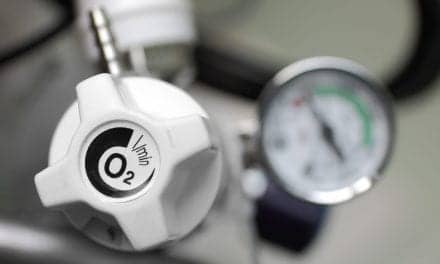A new study finds that while the common practice of abbreviations in patient health care may promote efficiency, they also result in frequent errors that threaten patient safety, reports the September 2007 issue The Joint Commission Journal on Quality and Patient Safety.
The study found that nearly 5% of all errors reported to MEDMARX® during this time period were attributable to abbreviations. This analysis of nearly 30,000 medication error reports involving abbreviations suggests that health care organizations should consider additions to the “Do Not Use” list.
Luigi Brunetti, PharmD, a clinical assistant professor at the Ernest Mario School of Pharmacy at Rutgers University and the study’s lead author, noted that communication is the leading cause of sentinel events and that abbreviation use hinders communication. Sentinel events—which are tracked by the Joint Commission—are unexpected occurrences involving death or serious physical or psychological injury, or the risk thereof.
“Accurate communication in the health care environment is a critical component of patient safety. Our analysis of errors reported to the USP MEDMARX® medication error reporting system confirms that abbreviation usage contributes to lapses in communication and may lead to patient harm," says Brunetti.
The most common abbreviation resulting in a medication error reported in the study was the use of “qd” in place of “once daily,” accounting for 43.1% of all errors.
Other common abbreviations resulting in medication errors included:
• “U” for units, “cc” for mL, “MSO4” or “MS” for morphine sulfate, and decimal errors.
• Eighty-one percent of the errors occurred during prescribing, while errors during transcribing and dispensing were much less frequent, representing only 14% and 2.9 percent of errors, respectively.
• Abbreviation errors originated more often from medical staff in comparison to nursing, pharmacy, other health care providers, and non–health care providers.
• The three most common types of abbreviation-related errors were prescribing, improper dose/quantity, and incorrectly prepared medication.
The authors urge reporting of medication errors to include the cause of the error, a brief description of the cause, contributing factors, the outcome, staff involved, and the point in the medication process when the error occurred in order to learn from the errors and improve patient safety.









